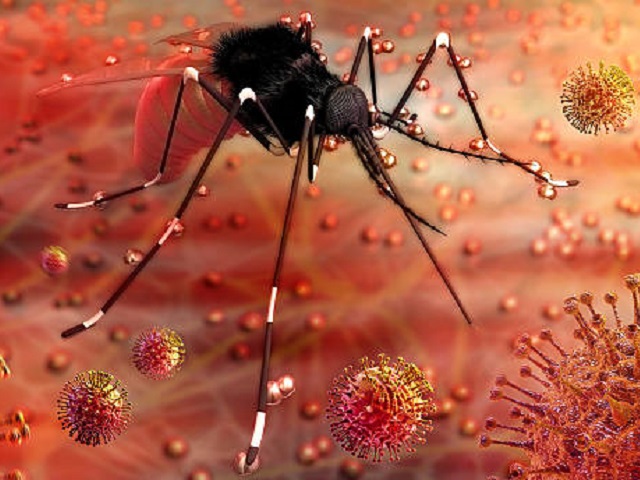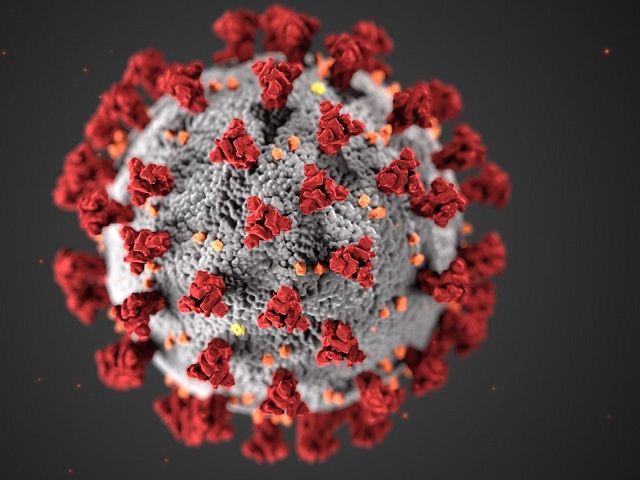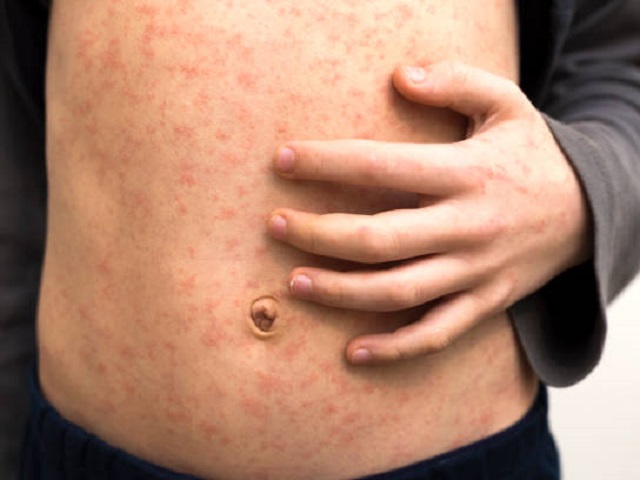6 Signs You May Have the Zika Virus -- Symptoms, Causes, Effects, Treatment and Prevention
Zika virus is a mosquito-borne viral infection that was first identified in the Zika Forest of Uganda in 1947. It is primarily transmitted to humans through the bite of infected Aedes mosquitoes, although it can also be transmitted through sexual contact and from mother to child during pregnancy. Zika virus has gained significant attention due to its association with serious health complications, including birth defects and neurological disorders.
Symptoms of Zika Virus:
The majority of people infected with Zika virus may not show any symptoms or experience only mild symptoms, which can include:
- Fever
- Rash
- Headache
- Joint and muscle pain
- Conjunctivitis (red eyes)
- Fatigue
Causes of Zika Virus:
Zika virus is primarily transmitted through the bite of infected Aedes mosquitoes, specifically the Aedes aegypti species. These mosquitoes are most active during the daytime, and they breed in standing water. Zika virus can also be sexually transmitted, and pregnant women can pass the virus to their fetuses.
Effects of Zika Virus:
While most cases of Zika virus infection are mild, the virus can have severe consequences, particularly for pregnant women and their unborn babies. Zika virus infection during pregnancy has been linked to:
- Microcephaly: Zika virus can cause severe brain abnormalities and birth defects, such as microcephaly, which is characterized by an abnormally small head and underdeveloped brain.
- Other birth defects: In addition to microcephaly, Zika virus has been associated with other birth defects, including eye abnormalities, hearing loss, and impaired growth.
- Guillain-Barr� syndrome: Zika virus infection has been linked to an increased risk of Guillain-Barr� syndrome, a rare neurological disorder that can cause muscle weakness, paralysis, and potentially life-threatening complications.
Treatment and Prevention of Zika Virus:
There is no specific antiviral treatment available for Zika virus infection. Treatment primarily focuses on relieving symptoms and providing supportive care. Prevention strategies include:
- Mosquito control: Preventing mosquito bites by using insect repellents, wearing long-sleeved clothing, and eliminating standing water where mosquitoes breed.
- Safe sexual practices: Using condoms or abstaining from sexual activity during and after travel to Zika-affected areas, especially for pregnant women or couples planning pregnancy.
- Travel precautions: Following travel advisories and taking precautions in Zika-affected regions, such as using mosquito nets and staying in air-conditioned or screened-in accommodations.
- Pregnant women precautions: Pregnant women should avoid traveling to areas with ongoing Zika virus transmission to reduce the risk of infection and potential complications for their unborn child.
References:
World Health Organization. (2021). Zika virus. Retrieved from https://www.who.int/health-topics/zika-virus-disease
Centers for Disease Control and Prevention. (2021). Zika virus. Retrieved from https://www.cdc.gov/zika/index.html


















